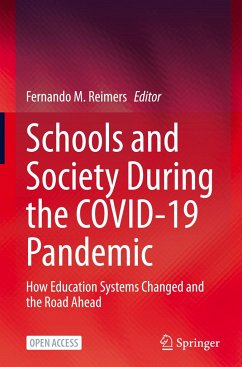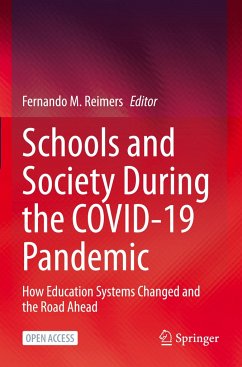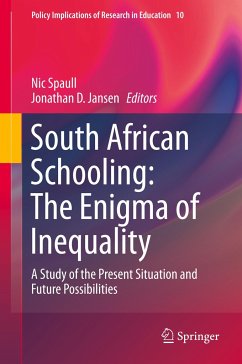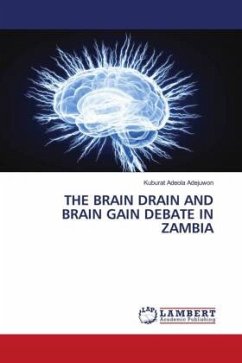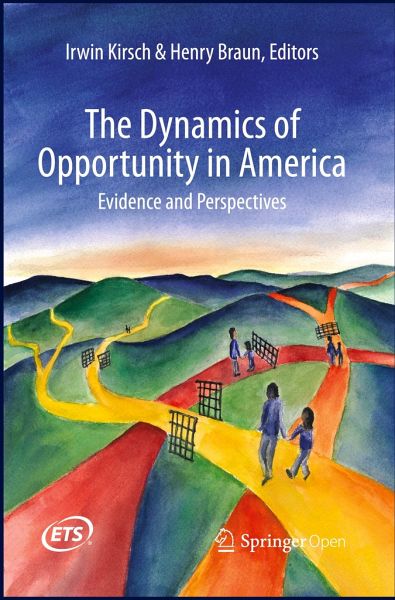
The Dynamics of Opportunity in America
Evidence and Perspectives
Herausgegeben: Kirsch, Irwin; Braun, Henry
Versandkostenfrei!
Versandfertig in 6-10 Tagen
38,99 €
inkl. MwSt.

PAYBACK Punkte
19 °P sammeln!
Across the country, our children are beginning life from very different starting points. Some have aspirations and believe they can be achieved. For too many others, aspirations are tempered, if not dashed, by the sobering realities of everyday life. These different starting points place children on distinctly different trajectories of growth and development, ultimately leading to vastly different adult outcomes. How did we get to a place where circumstances of birth have become so determinative? And what must we do, within communities and across our country, to better equalize opportunity for...
Across the country, our children are beginning life from very different starting points. Some have aspirations and believe they can be achieved. For too many others, aspirations are tempered, if not dashed, by the sobering realities of everyday life. These different starting points place children on distinctly different trajectories of growth and development, ultimately leading to vastly different adult outcomes.
How did we get to a place where circumstances of birth have become so determinative? And what must we do, within communities and across our country, to better equalize opportunity for more Americans - both young and old? The editors of this volume contend that if, as a nation, we do nothing, then we will continue to drift apart, placing an unsustainable strain on the nation's social fabric and the character of its democracy. Consequently, understanding the dynamics governing the distribution and transmission of opportunity - and transforming this understanding into policies and programs - is critical for not only the life outcomes of individual Americans and their children, but also the country as a whole.
The goal of Educational Testing Service's Opportunity in America initiative is to explore these powerful dynamics and to describe and convey them in a way that advances the national conversation about why we must take action - and how best to do so. This volume contains 14 chapters, including anepilogue, written by leaders from a range of fields including education, economics, demography, and political science. Collectively, they not only illuminate key aspects of the problem but also offer suggestions of what policies, programs, and changes in practices could begin to reverse the trends we are seeing. Written in an engaging style, this volume constitutes an essential foundation for informed discussion and strategic analysis.
How did we get to a place where circumstances of birth have become so determinative? And what must we do, within communities and across our country, to better equalize opportunity for more Americans - both young and old? The editors of this volume contend that if, as a nation, we do nothing, then we will continue to drift apart, placing an unsustainable strain on the nation's social fabric and the character of its democracy. Consequently, understanding the dynamics governing the distribution and transmission of opportunity - and transforming this understanding into policies and programs - is critical for not only the life outcomes of individual Americans and their children, but also the country as a whole.
The goal of Educational Testing Service's Opportunity in America initiative is to explore these powerful dynamics and to describe and convey them in a way that advances the national conversation about why we must take action - and how best to do so. This volume contains 14 chapters, including anepilogue, written by leaders from a range of fields including education, economics, demography, and political science. Collectively, they not only illuminate key aspects of the problem but also offer suggestions of what policies, programs, and changes in practices could begin to reverse the trends we are seeing. Written in an engaging style, this volume constitutes an essential foundation for informed discussion and strategic analysis.





